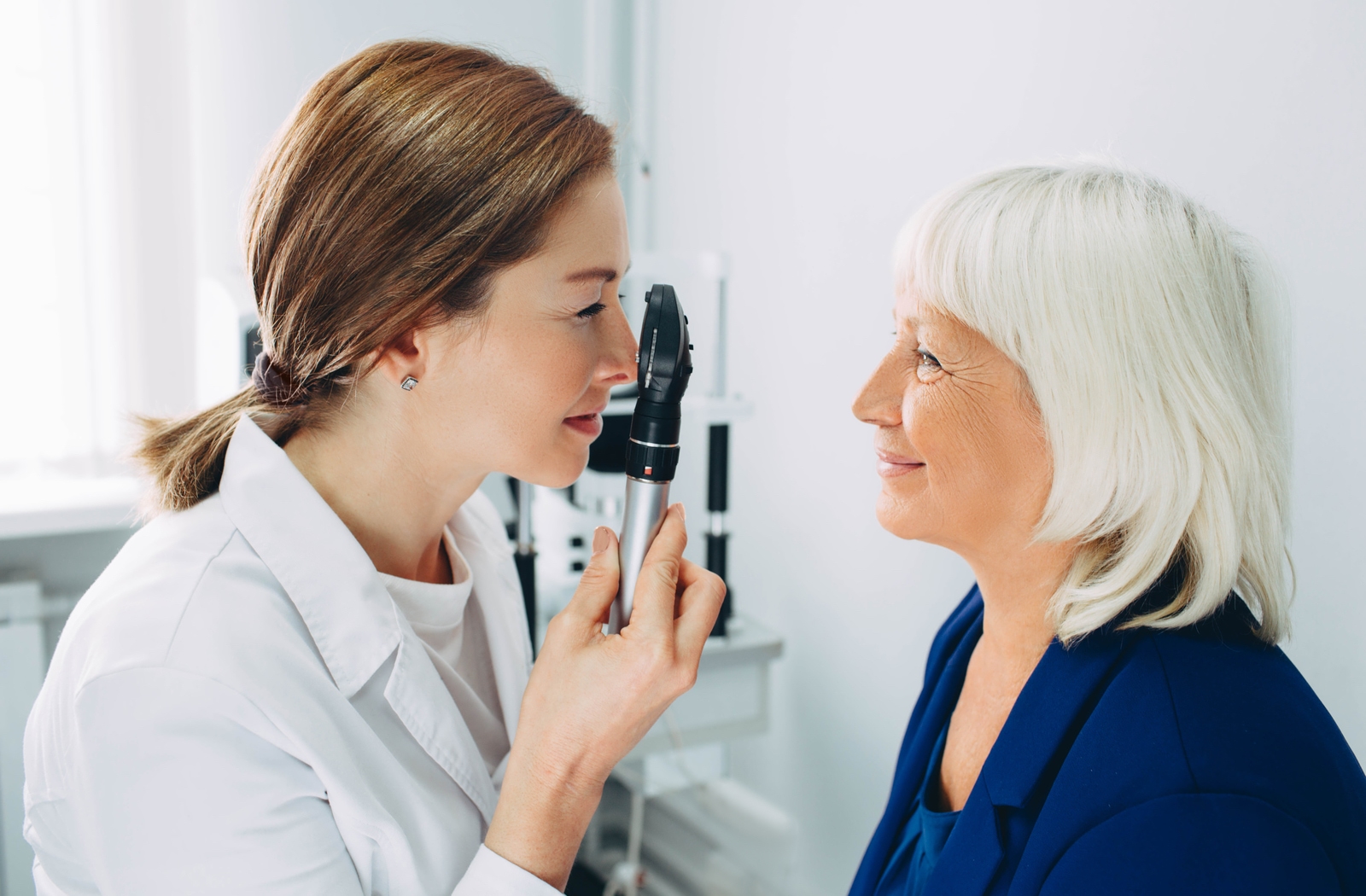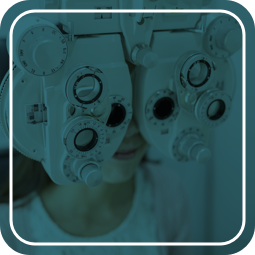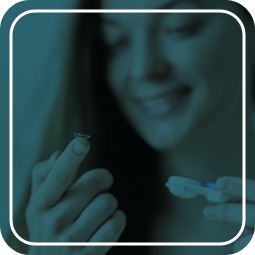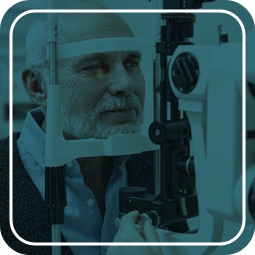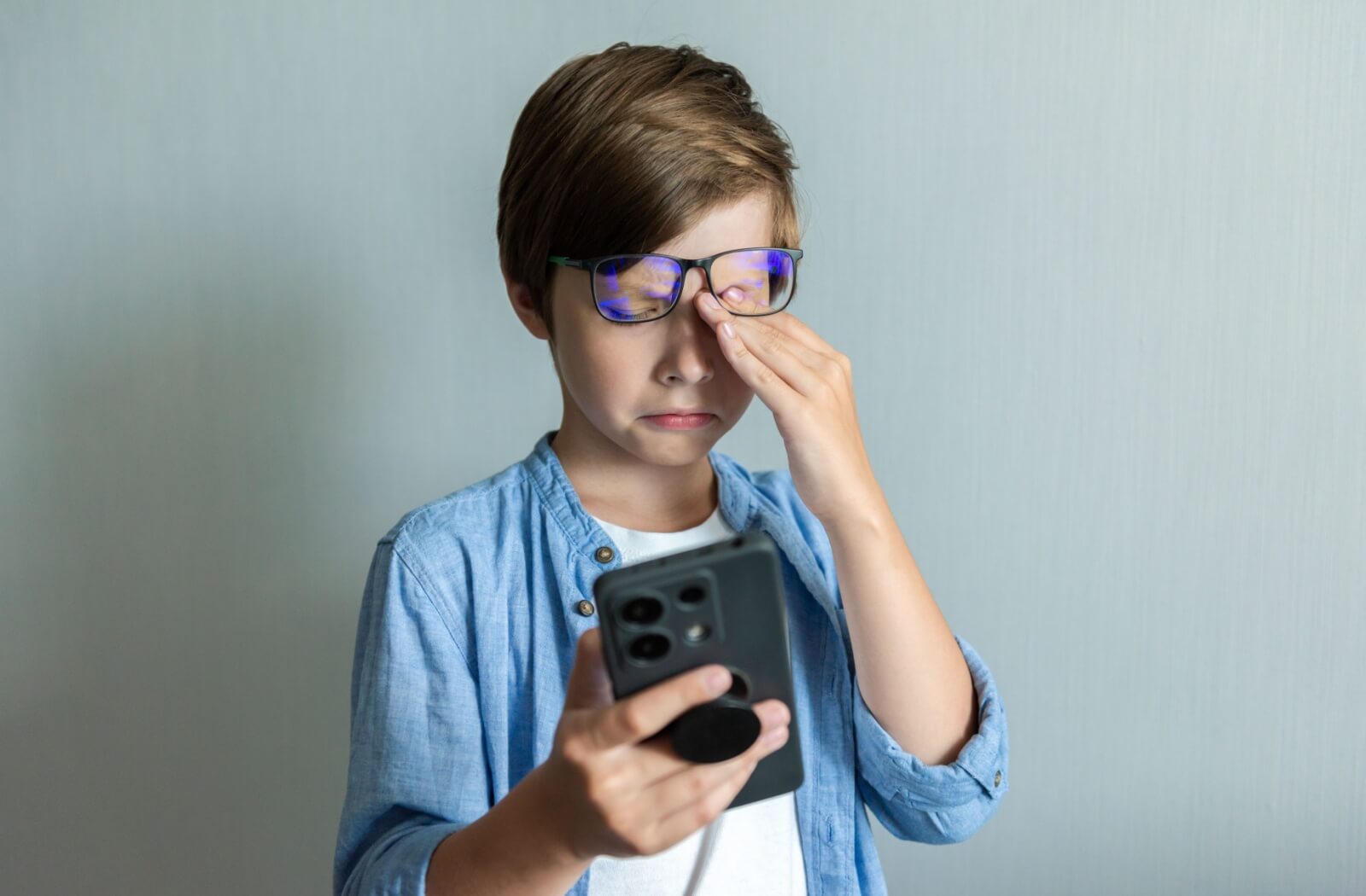Can an Eye Doctor Detect a Concussion?
Your optometrist can detect many different conditions during an eye exam. While an eye exam helps diagnose many eye-related issues, it involves a general assessment of your health. Can your optometrist identify other health-related problems, such as a concussion?
Continue reading to learn more about concussions, including if your optometrist can identify them, how to treat them, and more.
What Is a Concussion?
A concussion is a brain injury that affects your brain function. Concussions usually occur due to hitting your head, whether from a fall, accident, or a sports-related injury. Another cause of concussions is the shaking of the head and upper body.
Concussions can vary in severity, with some causing you to lose consciousness. Many people fully recover from concussions, but problems with concentration, memory, balance, coordination, and vision are possible. Feel free to contact us and schedule a consultation with an Ottawa eye doctor if you are concerned and believe that you may have had a concussive episode.
Concussion Symptoms
The signs of a concussion may be subtle, making it difficult to identify. You may not experience symptoms immediately, and they can last for days or weeks.
Common symptoms of a concussion include:
- Headache
- Ringing in the ears
- Nausea
- Vomiting
- Fatigue
- Blurry vision
- Confusion
- Amnesia surrounding the incident
- Dizziness
These symptoms may appear suddenly or with time. A severe concussion will require immediate medical attention. Because of the brain’s connection to your vision, can an eye doctor detect symptoms of a concussion?
Can an Eye Doctor Detect a Concussion?
An optometrist can help diagnose and treat visual symptoms of a concussion. A concussion can significantly affect your ability to work, learn, or engage in physical activity. A comprehensive eye exam can help your doctor detect signs of an undiagnosed concussion.
Having said that, diagnosing a concussion requires a set of testing which includes a vision assessment. While an eye exam is a great way to start the process for uncovering and diagnosing a concussion, it is a complex injury that should include a healthcare provider that has been specifically trained in recognizing and treating concussions. The management and rehabilitation of a concussion typically requires a multidisciplinary approach of a concussion care team. Currently, there are onsite screening tools being developed; however, we do not have a single, reliable test to produce a definitive diagnosis. In severe cases where intracranial bleeding or swelling is a concern, CT or MRI imaging can be used to uncover the potential for a life threatening condition. In most cases, these scans are not indicated and a diagnosis is made based on the history of trauma associated with a constellation of signs and symptoms.
Your eye doctor can refer you to other medical professionals as needed if they suspect that you may have a concussion. Without treatment, concussions can increase the risk of brain damage and injury.
Approximately 90% of patients suffering a brain injury will experience visual symptoms. You may not notice these symptoms, but they can affect your quality of life. Common concussion symptoms related to vision can include:
- Double vision
- Poor eye tracking
- Difficulty shifting gaze between objects
- Trouble focusing
- Loss of binocular vision
- Eye strain
- Light sensitivity
- Difficulty maintaining eye contact
- Blurred vision
- Spatial disorientation
- Poor depth perception
- Lack of focus
- Lack of attention
Should You Visit Your Optometrist if You Experience a Concussion?
If you have a concussion, it’s essential to meet with your doctor and follow up with the appropriate specialists related to your situation, such as your eye doctor. Over 70% of your brain is involved with vision, meaning a concussion can have a significant impact on your vision, no matter how mild.
Your optometrist can diagnose and treat any visual impairments you develop after experiencing a concussion. When you have a concussion, what does treatment look like?
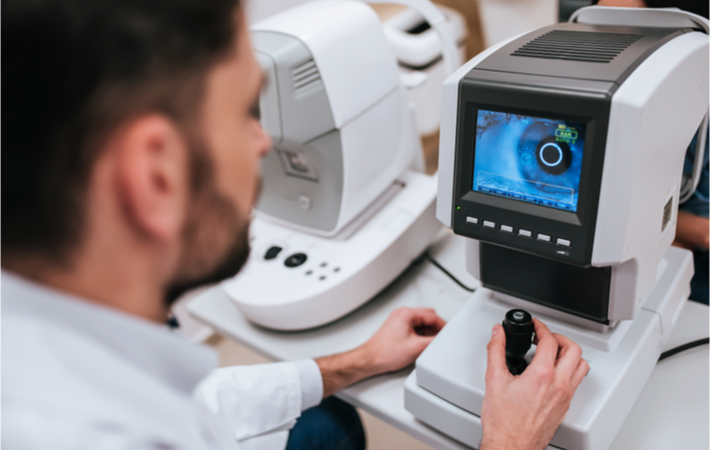
Treating a Concussion
Treating a concussion involves resting your body and mind. The length of this process depends on the severity of the concussion.
The first days after a concussion requires physical and mental rest to help your brain recover. This rest means limiting activities that require mental concentration for at least 2 days. However, doing nothing is not recommended either.
Limit activities that require long-term focus, such as:
- Playing video games
- Watching television
- Doing schoolwork
- Reading
- Texting
- Using the computer
These activities may cause your symptoms to worsen, so it’s essential to avoid them for the first 48 hours. You can gradually start these activities again as you begin to feel better.
Your doctor will help you throughout your recovery process. They can recommend that you have shorter workdays, encourage breaks throughout your day, or have a modified workload. Depending on the severity of your concussion, they may suggest visiting a specialist related to your vision, memory, or balance.
Coming Back to Your Normal Routine
You’ll slowly begin to add more activities that involve mental focus as you recover, increasing your workload with time. Your doctor will inform you when you can begin light physical activity.
Once your concussion symptoms resolve, your doctor will inform you when you can begin living life without restrictions again.
Eye Exams Can Help Detect More Than Eye Conditions
An eye exam involves more than testing your vision—it helps your optometrist evaluate your overall health. While your eye doctor does test your visual acuity in an eye exam, they evaluate your general eye health. As they evaluate your health, your doctor may notice signs of other problems.
Your eyes connect to blood vessels, nerves, and tissues that link throughout your entire body. The problems your eye doctor uncovers during your exam affect more than just your eyes.
An eye exam can help identify many health issues you wouldn’t expect. These health problems include:
- Aneurysms
- Brain tumours
- Cancers of blood, tissue, or skin
- Diabetes
- Giant cell arteritis
- Heart disease
- High blood pressure
- High cholesterol
- Lupus
- Lyme disease
- Medication toxicities
- Multiple sclerosis
- Myasthenia gravis
- Rheumatoid arthritis
- Sarcoidosis
- Sexually transmitted diseases
- Sickle cell disease
- Sjogren’s syndrome
- Stroke
- Thyroid disease
- Vitamin A deficiency
Your Eye Doctor Can Help Protect Your Health
Whether eye-related or not, your optometrist can help you protect your health. They can catch many different conditions during a comprehensive eye exam. They can then create a customized treatment plan or refer you to a specialist. Contact your optometrist if you’re having vision-related problems after hitting your head.

